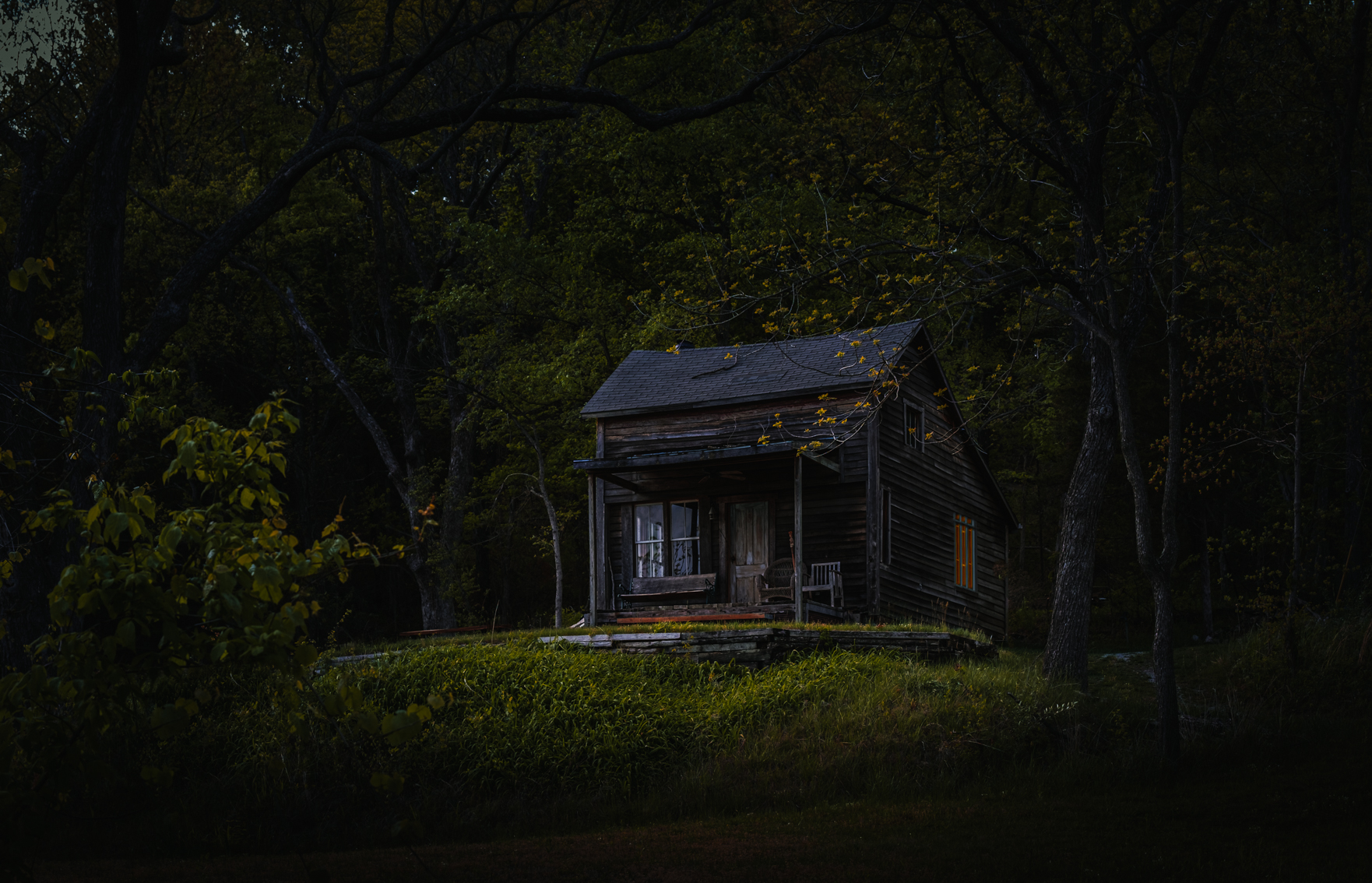
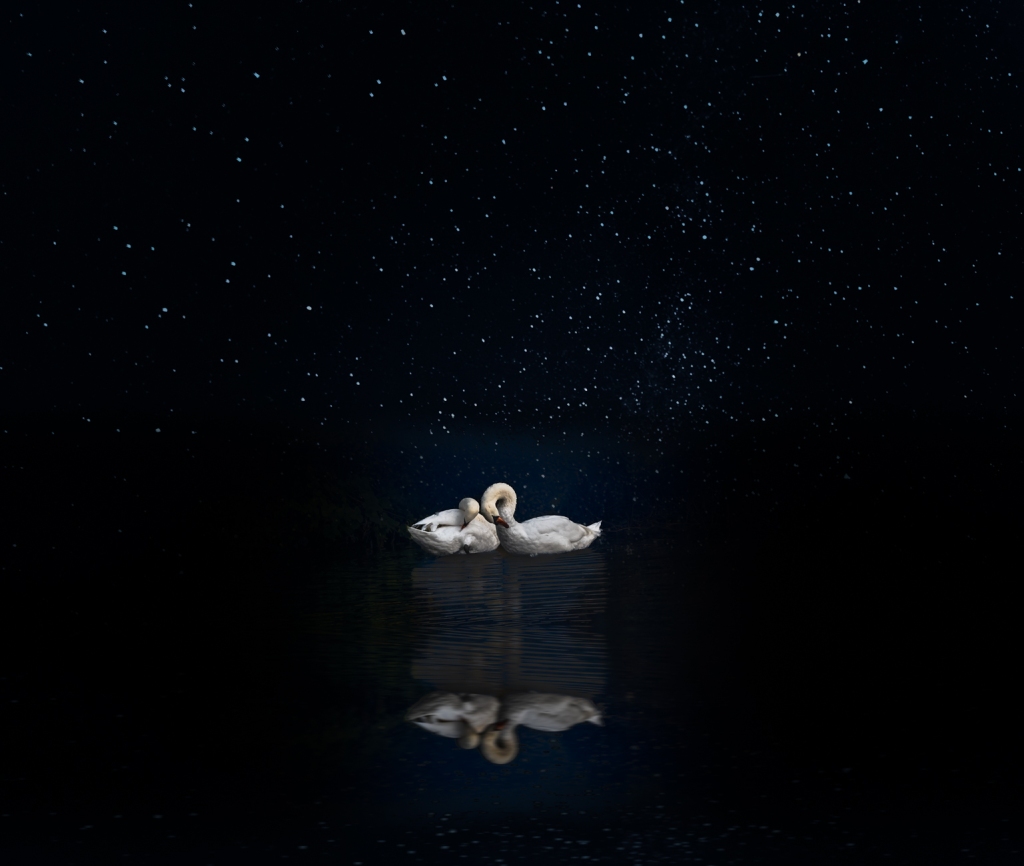

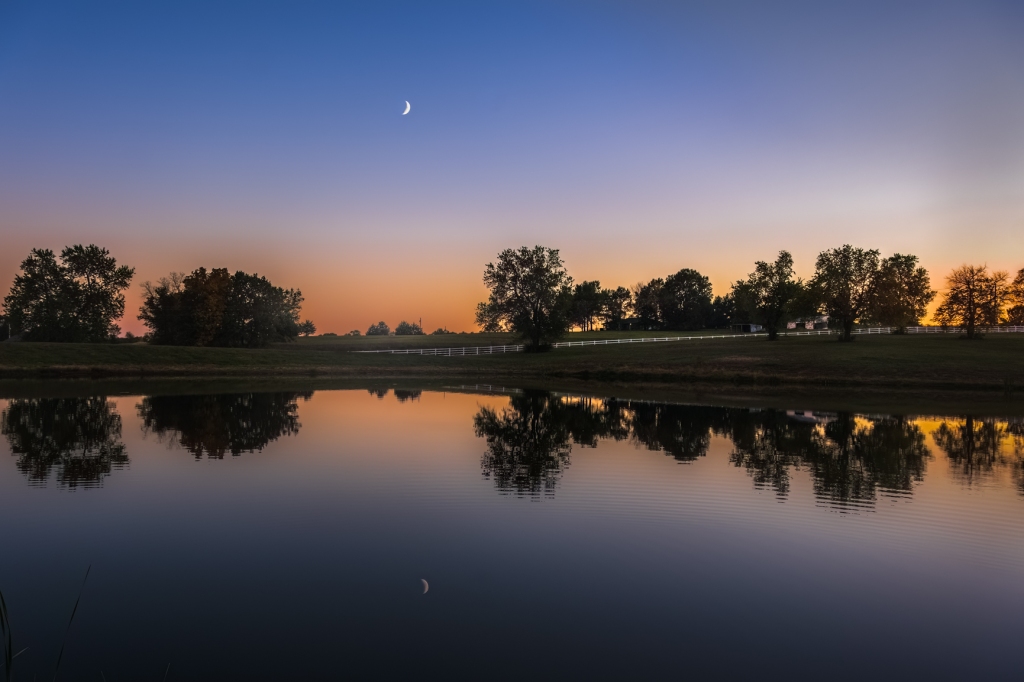
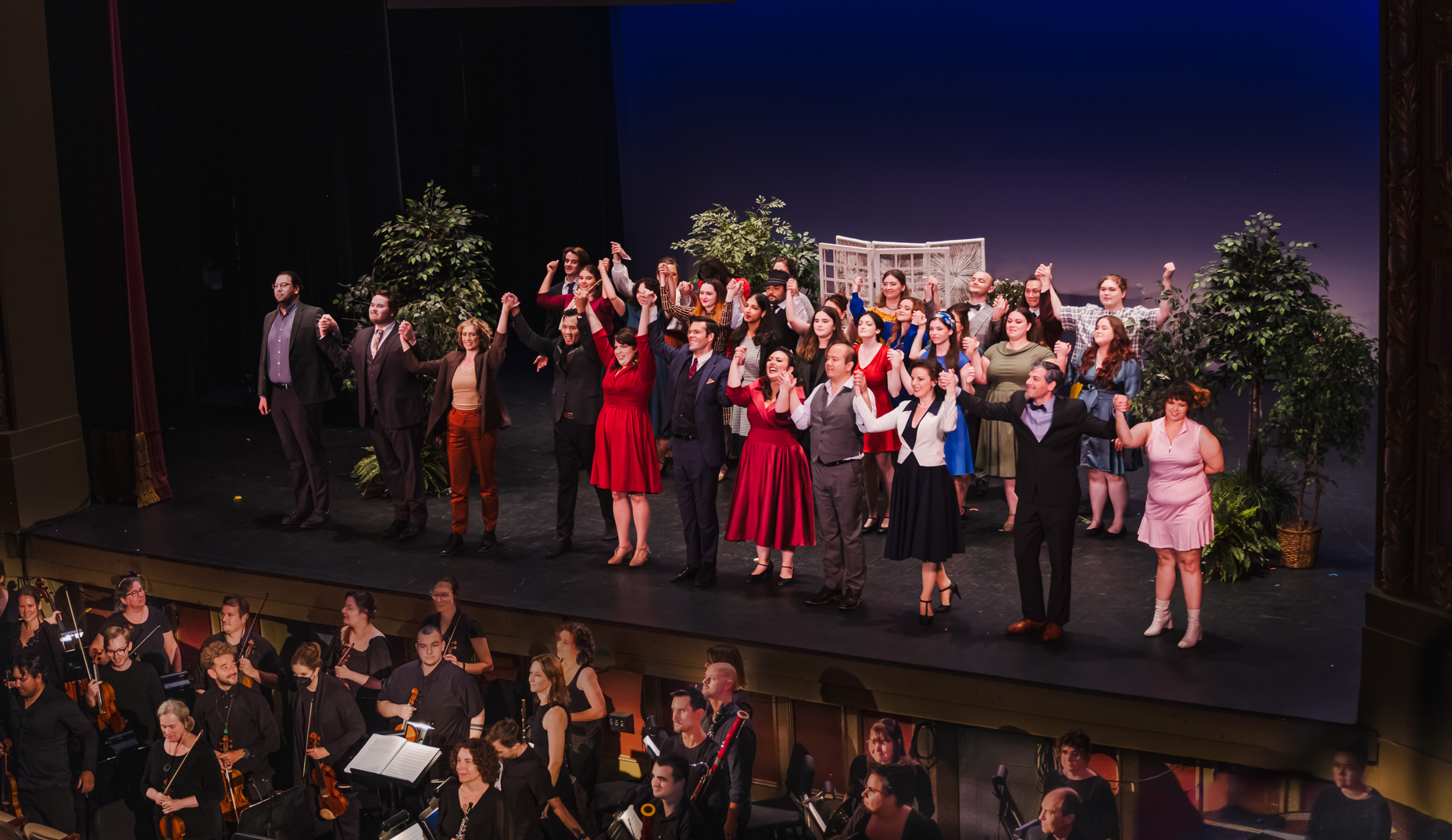
“Rome is Magic ~ Maria Grazia Cucinotta
For seven days my husband, my daughter and her two children (age 14 and 11), and I crisscrossed the Mediterranean Sea. We walked on the red carpet in Cannes, admired the night view of Palma de Mallorca, visited a turtle sanctuary in Ajaccio, tasted freshly made pesto in Genova, marveled at the still leaning tower of Pisa, and learned basic steps of Flamenco in Barcelona (FYI, the most important element of it is passion!) . Our cruise ended near Rome, where we stayed for several more days.
Rome was hot, humid, and overrun with tourists. Still, I reserved excursions there, too — a tour of the city, the Colosseum, and the Roman Forum. The Vatican was our last organized destination and I was looking forward to it.
“Tomorrow we are going to the Vatican,” I said to my family the night before. “Don’t forget to cover your knees and shoulders.”
“OK,” My daughter and my husband said in unison, while my grandchildren looked at me gloomily.
Having done a lot of sightseeing already, all they wanted to do for the rest of their vacation was “nothing,” and going to the Vatican wasn’t that.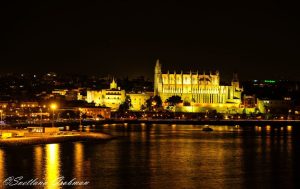
“I can’t cover my knees.” My grandson said. “All I have is shorts.”
The thing about my grandson is that when he doesn’t feel like doing something but doesn’t want to admit that, he comes up with a variety of dubious excuses. Once in London (my daughter’s family lives in England), when I wanted to take him to a public library, he said, looking at me very sincerely:
“In our country, Grandma, they don’t allow children to public libraries.”
That was such an obvious fabrication that I burst into laughter. A librarian myself, I knew that although the case can be made that the Brits like their dogs more than they like their children, they surely build public libraries with children in mind.
“You’ll be OK,” my daughter said to her son. “I have your track pants.”
Here my granddaughter chimed in.
“My ankle hurts,” she said. (She was jumping all over the rented apartment five minutes earlier).
Yet, to her utter disappointment, I reached into my extensive first aid kit and pulled out a muscle relaxer, so a visit to the Vatican became inevitable.
“Your tickets don’t include any museums.” Our tour guide said, looking at our reservation, and my grandchildren’s faces lit up, while their mother’s expression soured.
“What does that mean? I said. “Are you saying that we won’t be able to see the Sistine Chapel?!
“That’s right. Unless you buy additional tickets.”
“Sure,” my husband muttered under his breath. “Let’s fleece the tourists.”
Yet we paid extra and — with 30 other sightseers – headed to our destination.
At first, the tour guide showed us around the Vatican’s grounds, and then she herded us to the additionally-paid-for museums. Of course, these were not the kind of museums I was used to — with a little bit of this and a little bit of that. These were ostentatious displays of unqualified power and wealth: gold-leaf ceilings, sumptuous decorations, luxurious carriages and pope-mobiles and, of course, famous paintings and sculptures. It was overwhelming and I fully expected my husband to comment on that or to say something inappropriate. Like the time when we were in Florence, walking around Michelangelo’s statue of David, and our tour guide said, “Does anybody see anything unusual about this sculpture?”
“He’s not circumcised,” My husband said immediately.
At that point, I quickly withdrew my hand from his and pretended that I had never seen him before, while our female guide raised her eyebrows and — not  waiting for my husband’s other insights — quickly informed the group that one of David’s legs is shorter than the other, and if he were standing up straight, we would clearly see it.
waiting for my husband’s other insights — quickly informed the group that one of David’s legs is shorter than the other, and if he were standing up straight, we would clearly see it.
This is time, thought, a body part comment came out of the mouth of my 14-year-old grandson.
“Why did they tell us to cover our knees and shoulders?” He said looking around. “There are naked pictures all over!”
That was a very good question, but while I tried to come up with an appropriate answer, the dense crowd of visitors picked us up, pushed us through several galleries and flights of stairs, and deposited us into the Vatican’s Jewel – the Sistine Chapel.
With every inch of its surface covered with frescoes, the Chapel did look like a jewel box — or rather a jewel box filled with ants, as the visitors stood there shoulder to shoulder. My pulse quickening with anticipation, I lifted my gaze to the ceiling, fully expecting to be struck by another Michelangelo masterpiece — “The Creation of Adam.” Yet from where we entered, the famous fresco appeared backwards and I couldn’t make much sense of it. I spent some time craning my neck and twisting my body, so I could see both God and Adam the way I was used to from observing numerous reproductions, but the collective noise and heat emanating from the crowd made me feel lightheaded and I switched my attention to the walls.
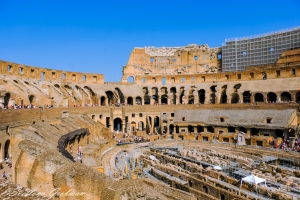 Unfortunately, the number of people pressing on me from all sides did not allow for much maneuvering. Besides, to my horror, I suddenly realized that not only did I lose sight of our tour guide, but I also lost sight of my daughter and, worse, my grandchildren! The only familiar figure I could spot in the distance was my husband’s.
Unfortunately, the number of people pressing on me from all sides did not allow for much maneuvering. Besides, to my horror, I suddenly realized that not only did I lose sight of our tour guide, but I also lost sight of my daughter and, worse, my grandchildren! The only familiar figure I could spot in the distance was my husband’s.
The loss of my daughter in a strange city was somewhat distressing but clearly, I wasn’t in a position to save every member of my family. Therefore, I stopped looking at the frescoes and began scanning the crowd for the kids. Thank goodness! They were only twenty yards away, so I desperately pushed my way through the overheated bodies, grabbed my granddaughter’s hand with one hand and my grandson’s with the other and pulled them to the exit, toward the pennant carried by our tour guide, which loomed far ahead.
Before we exited the chapel, I glanced at the ceiling for the last time. From this direction both God and Adam looked right, and feeling relieved that I finally solved the puzzle of the creation and my grandchildren were safely in my hands, I left the building.
On our last evening in Rome my husband and I went to the Trevi Fountain. The night was starless, and by the time we reached the famous fountain, set against a baroque palazzo and brightly lit from all sides, it looked like a turquoise oasis in the dark desert of the night. People crowded all around it — talking, taking selfies, or just enjoying the view. So many people, in fact, that we couldn’t get close to the sparkling water — even less to toss a coin without landing it on someone’s head. Instead, we kissed. And it was a nice moment.
When we turned to leave, I noticed a young couple with two little girls just behind us. The man looked Middle-Eastern and the woman wore a headscarf. They, too, were trying to take a selfie, but the girls, who were too young to recognize the uniqueness of the moment, kept twisting and turning, making it difficult for their parents.
Had I met that family somewhere else, I would never have approach them. Had I met that man in any other crowded place, I would have put a distance between us. Yet here, by this fairytale fountain that spoke of romance, hope and goodwill, I looked at the pretty woman and the cute girls, and said:
“Would you like me to take a photo of you?”
They did.
I took several pictures, handed them their phone, and we left.
“Too bad we couldn’t toss a coin,” I said to my husband on our way back.
“Do you want to return to Rome?” He said.
“Sure …” I started. But then I stopped.
The one way I would enjoy that — I realized — would be returning here all together, hopefully when my grandchildren are older and can appreciate it better. As for me, my happiness does not depend on this city or this fountain. In fact, it doesn’t depend on any patch of earth. For me, a Jewish Russian immigrant to America who lost her roots a long time ago, whose parents passed away, and whose daughter no longer lives in the same country, happiness is defined by being needed, being able to help and also being able to create memories that will live after I’m gone.
It also depends on relationships – between me and my family, among my friends, and, ultimately, among all of us humans — no matter where we came from or where we’ll go next. Or, to put it simply, on everybody following the golden rule: “Do unto others as you would have them do unto you”.
What can be more adventurous than venturing into the world of magic?
My first introduction to this world took place when my parents gave me a book “Starik Khottabych” (Old Man Khottabych). This book (also made into a movie) featured a twelve-year old Soviet Pioneer Volka who accidentally found an ancient bottle at the bottom of a river. Being an energetic and curious boy, Volka opened the bottle, and a genie named Hassan Abdul-rahman ibn Khattab emerged, loudly proclaiming that he was ready to fulfill Volka’s every wish. It was a great and funny story, since the Young Pioneer, who suddenly found himself empowered by the old genie, kept getting into all kinds of trouble — mostly because of differences between the life style and the morals of the ancient world and those of Soviet Russia. It was also a variation on the tale of Aladdin and his magical lamp (a fact I discovered much later, when I got my hands on a copy of The Arabian Nights). Not only did the story entertain me, but it also motivated me to learn how to swim — for I, too, wanted to find an ancient vessel on the bottom of a river. (Regrettably, that never happened, although not for lack of trying:).)
My second introduction to magic took place at the Moscow State Circus. The trip to get there lasted for 1.5 hours – thirty minutes on a streetcar, fifty minutes in the metro (with two transfers) and a ten-minute walk to the huge, tent-like building of the Circus. There my mom and I watched impossibly slim acrobats in sparkling tights glide above our heads at the top of the circus dome, two white-faced clowns in clumsy shoes cause the audience to die laughing with their jokes and tricks, and a magician in a black cloak pull doves and rabbits out of his top hat. The latter especially struck me so strongly that, for a while, I considered becoming a magician myself, although that desire was soon dampened by the fact that I was allergic to rabbits.
My latest adventure into the world of sorcery is my longest one by far. My husband and I had to travel to London to experience it. I’m not saying that London is a supernatural place where magicians with doves and rabbits pop up at every corner. Yet it is a place where wizardry is put on permanent display for everybody to see. I’m talking about Warner Bros. theme park “The Making of Harry Potter.” Not being a Harry Potter fan myself, I would never have thought of touring this park (nor do I at the age of 62 still believe in magic:(). Yet my nine-year old grandson, Alex, who lives in London with my daughter (his mother), my son-in-law (his father), and his younger sister Amelia, were eager to go there. (Amelia always wants to do whatever her older brother does:).). So, if I wanted to witness my grandchildren’s initiation into magic, I had to fly to England.
As a librarian, I, of course, knew about the popularity of J.K. Rowling’s books and the movies that are based on them. But I had never read the books nor seen the movies, so I did not expect much from the theme park. Well, I must admit, I was wrong. Everything there was impressive and imaginative: the original sets for the rooms and offices, the Burrow, the Hogwarts Bridge, the Knight Bus, the Potions Classroom, the wigs, the costumes, and numerous other props. To my surprise, I liked everything there. I enjoyed the energy of the crowd, and I especially enjoyed watching my grandchildren’s excitement as they walked through this fantastic world, learning how to fly a broomstick or cast spells with a magic wand.
“Well done!” I thought to myself through the whole experience – until we found ourselves in the inevitable gift shop. (Benjamin Franklin should have added “gift shops” to his list when he said, “In this world nothing can be said to be certain, except for death and taxes.”) Predictably, both of my grandchildren wanted to buy magic wands. At first, they approached their mother, who quickly directed them my way: “Go ask your grandma.” They appeared in front of me with two ordinary looking plastic sticks in their hands — at a price of twenty-five pounds each! A calculator in my head began clicking: two plane tickets to London, six tickets to Warner Bros. Studio, meals and presents, and now these absolutely useless toys, which, at the rate of one British pound to $1.68, would cost me about $80!
“No,” I wanted to say. “We don’t have to buy them here. We’ll buy them for you at a regular store where they’re less expensive.” But I looked at Alex and saw tears welling up in his eyes. Whether or not these wands were useless — for him, at this moment, they were magical, and I could not deny this magic to him.
“O.K.” I said to my grandchildren, while avoiding looking at my husband. “Make sure that these wands are good ones.”
The kids expressions immediately brightened, and a wide smile graced my grandson’s face.
“This is one of the best days of my life!” He said, his eyes sparkling from recent tears.
I put my hands on his head, stroked his unruly hair, and a sense of pure pleasure suddenly filled my heart. My grandchildren were right. After all, toys that could give all of us so much happiness must be magical. And because of that, they were priceless, too.
©Svetlana Grobman. All Rights Reserved
If you’d like to read more of my essays, click here
To see other interpretations of this theme, click here